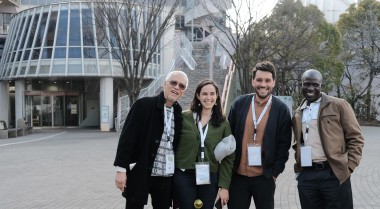
What Tokyo taught GPPAC’s International Steering Group
When I say that GPPAC’s International Steering Group (ISG) meeting in Japan in January 2024 was outstanding, you might assume it was because of the sushi. And, well… the sushi was incredible. But that wasn’t what made the ISG meeting truly unforgettable. It was the first time since the COVID-19 pandemic that over 40 local peacebuilders, representing GPPAC regions and Working Groups came together for an in-person in almost five years. These local peacebuilders make up the highest member-led decision-making body of our network. They not only represented their regions but also brought the voices of all those members who couldn't travel to Tokyo to shape the network’s path forward. With the next ISG in Amman around the corner in May 2025, here are four key takeaways from Tokyo that I think highlight the network's unique strengths, demystify the technical acronym ‘’ISG’’, and give us plenty to think about as we get ready for Amman.
First key takeaway: Re-realising the network’s breadth and scope
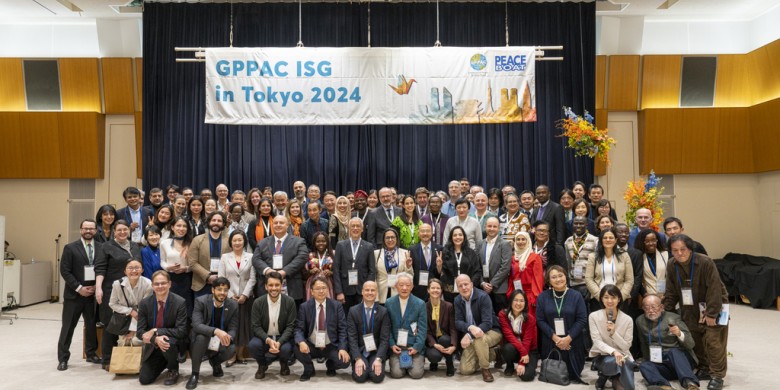
In the months before Tokyo, I felt like many of us had lost touch during the COVID-19 pandemic, especially across regions. Being surrounded by so many incredible colleagues in Tokyo made me re-realise the network’s remarkable breadth and scope. I was able to hear from so many peacebuilders what they are working on, what their challenges are, and how they are approaching the ever-growing chaos and uncertainty we see in the world. The insights and takeaways from these conversations help me to make the case for peacebuilding in general. Understanding what other members are doing from the Pacific to Central Asia gives me a piece of the puzzle to better communicate what we do as peacebuilders and its value and necessity. And in times when the essence of our peacebuilding work is being questioned, having examples and stories to explain what we are doing is key. Hearing from others gave me a lot of hope and inspiration. It helped me remember that there are so many out there working for a better world.
Second takeaway: Japan’s past reminds us that peacebuilding is a responsibility we all share
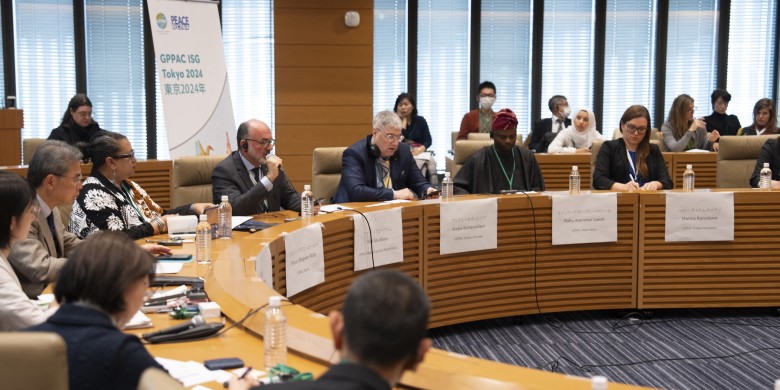
I did not talk to my colleagues in a windowless conference room but over coffee breaks, walks around the city, and during a memorable visit to the Peace Boat office, GPPAC’s Northeast Asia Regional Secretariat, which organised the ISG meeting in Japan. Thanks to their invitation, we participated in a roundtable discussion with Japanese lawmakers in the National Diet (Japan’s Parliament). During our stay, we learned more about how Japan, as a former imperial power, confronts its past. To me, this was a powerful reminder that peacebuilding isn’t reserved for countries in crisis—it’s a responsibility we all share.
Third takeaway: Understanding the ISG as a process, a space, and a tool
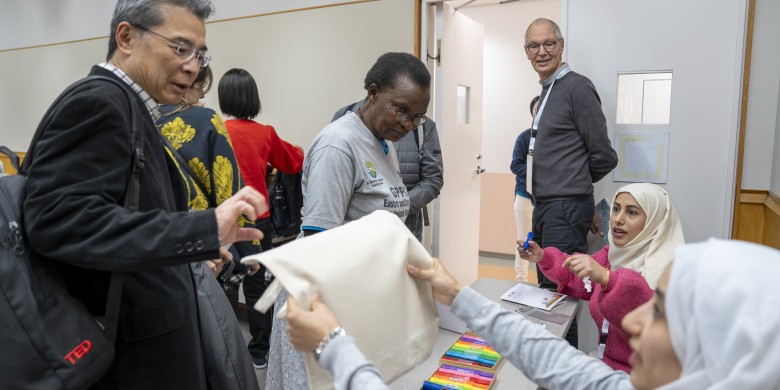
In Tokyo, I saw firsthand that ISG isn’t just a meeting—it’s three things in one. It’s the process that guides how we decide our next priorities. It’s the space where we connect, share stories, and learn from each other. And it’s the tool that not only helps us bring our shared priorities back to our own regions, but also encourages us to reflect, assess our governance structures, and hold ourselves accountable to the wider network. This is also why it matters so much that we meet in person. Even though we connect online every quarter, virtual meetings leave us stuck in Zoom boxes, limited by screens and time zones. Being physically together allows us to be fully present emotionally, mentally, and physically in ways that no online meeting can replicate.
Fourth takeaway: There’s an intrinsic value in bringing people together
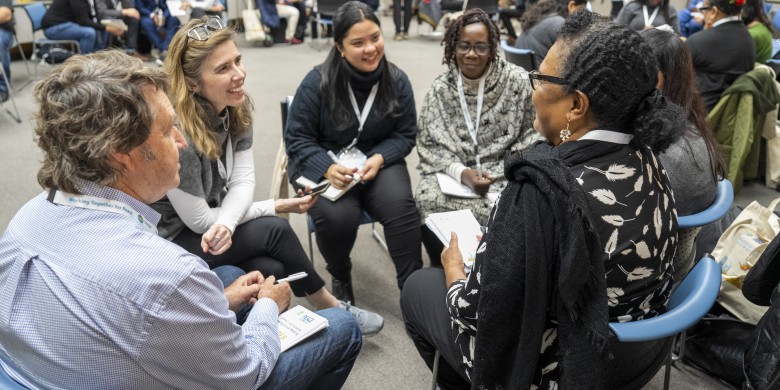
There is real value in providing a safe space for people to come together and connect. In Tokyo, more than one member from each region was able to attend, which made a big difference. We got to meet more people, put more faces to names, and truly feel the breadth and scope of GPPAC. And, as they say, the more the merrier — more perspectives, more thinking, more energy. The space felt open, candid, and full of genuine connection.
There’s a real, intrinsic value in creating a safe space where people can come together for conversation and reflection. To me, this is an outcome in itself. In Tokyo, we were able to re-establish trust which is essential if we want to have more difficult conversations in the future. This is what sets GPPAC apart from other more formal governance structures, where there always seems to be a certain stiffness. GPPAC truly places value on what connects people. If Tokyo reminded us of who we are, Amman will be about what we can do together.
